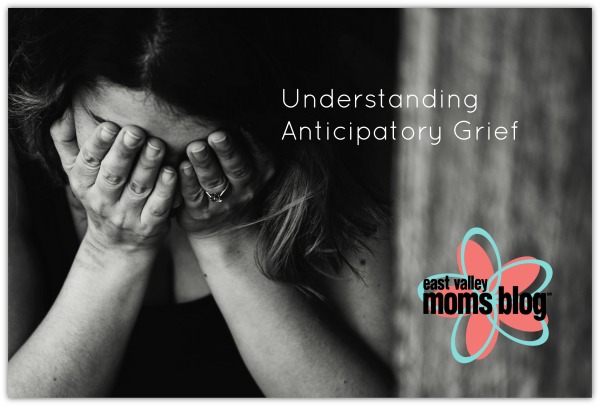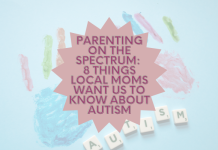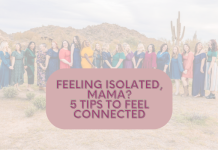**This article is anonymous to protect the writers identity. We express our love and gratitude towards her bravery and courage to share this story with the hope it may help others.
Grief.
The idea of it has always been something I thought of as a bi-product of a painful happening of some kind.
Loss, death, trauma.
So when I found myself experiencing grief-like symptoms for something that had not yet happened, you can imagine how confusing it was to accurately define my feelings. Hearing that someone incredibly close to you has a terminal illness is life changing. It stopped me in my tracks. It made me question my beliefs. It made me profoundly sad and very angry. So very angry. But nothing had really changed. The person I love is still here and by looking at them, still the same version of who they were before this news came about. By definition, nothing traumatic had happened. A classic over thinker, I needed to understand what I was experiencing because I was starting to feel selfish for focusing on the end and not appreciating the time I had left. To say I love you every day. To eventually say goodbye. Because so many people don’t get that opportunity – loved ones taken in a moment without warning. Who was I to not recognize that?
And then one day…call it good timing or divine intervention or whatever you believe in, an article a friend posted randomly on social media came across my news feed about something called “anticipatory grief”. The article explained that though it is different than the grief that comes after something happens, the symptoms of that grief are often the same as what comes before an event as well. As I read through the article, I could feel a sense of relief come over me. It didn’t change what I was experiencing but it did validate it. The sadness, the anger – all totally normal and a part of the grieving process. The article even specifically talked about not feeling guilty for anticipatory grief and to not compare it to grief that comes after an event. It was like someone was speaking directly to me.
I no longer felt silly for the long bouts of crying, outbursts of anger that came out of nowhere, or self pity. I recognized that understanding where they were coming from didn’t mean they were going away, but at least now maybe I would give myself some grace to just let it happen without judgement. Repressing these feelings also wouldn’t make them go away and maybe processing them would eventually help me in supporting those around me who were feeling this way too.
From this reading, I also gained a plan for how to channel my emotions into something positive. We were going to live our lives to the absolute fullest. Instead of isolating myself (a common coping mechanism, apparently), I was going to talk about my feelings with my support circle. I would reach out to those who were also closely impacted by what was happening. I wouldn’t be afraid to share good days and bad days. And instead of allowing the inevitable end to be the center of my thoughts, I would reflect on the remaining time. Some days this is easier than others but where I am now vs where I was at the onset of the news is a much better place.
So now I continue to handle this grief for however long I am lucky enough to carry it because that means my loved one is still here. They say anticipatory grief can sometimes lessen what you feel after a loved one finally passes away. I don’t know if that will hold true for me but it certainly gives me something to hope for.
If you are someone experiencing this kind of grief, give yourself the freedom to feel. Try not to harbor guilt or keep it all to yourself. And though it doesn’t fix the problem, it does make it a little easier to know that you are not alone. Because I am there too.











